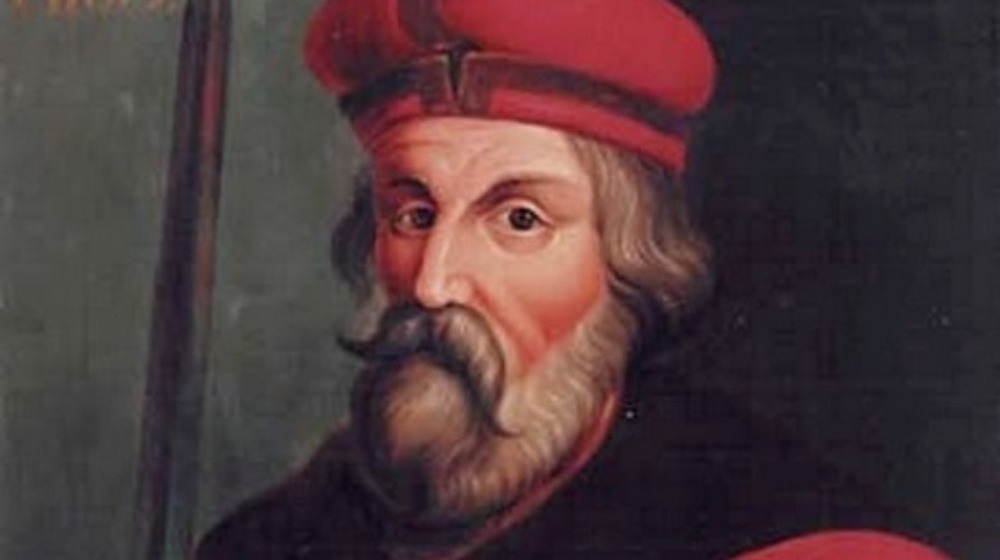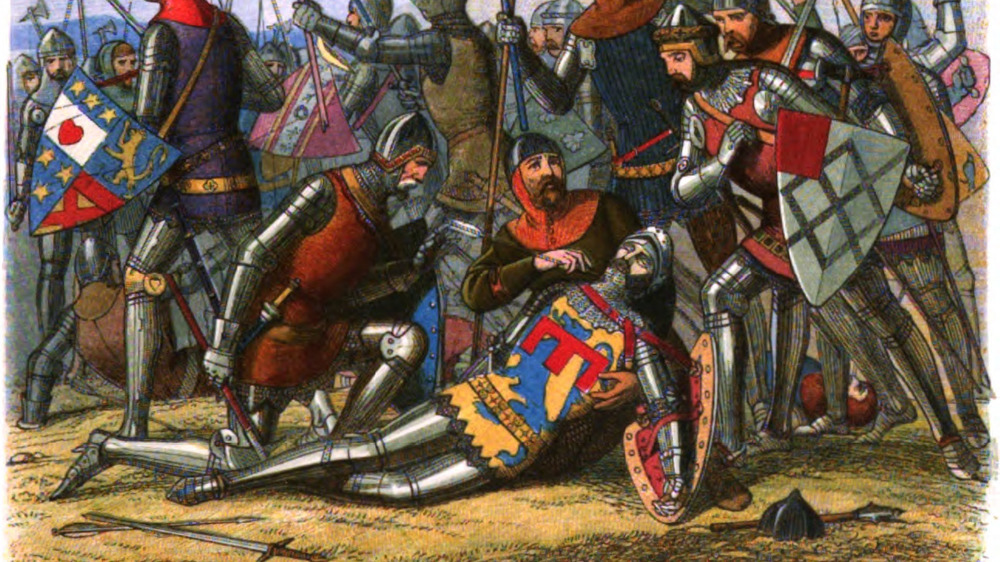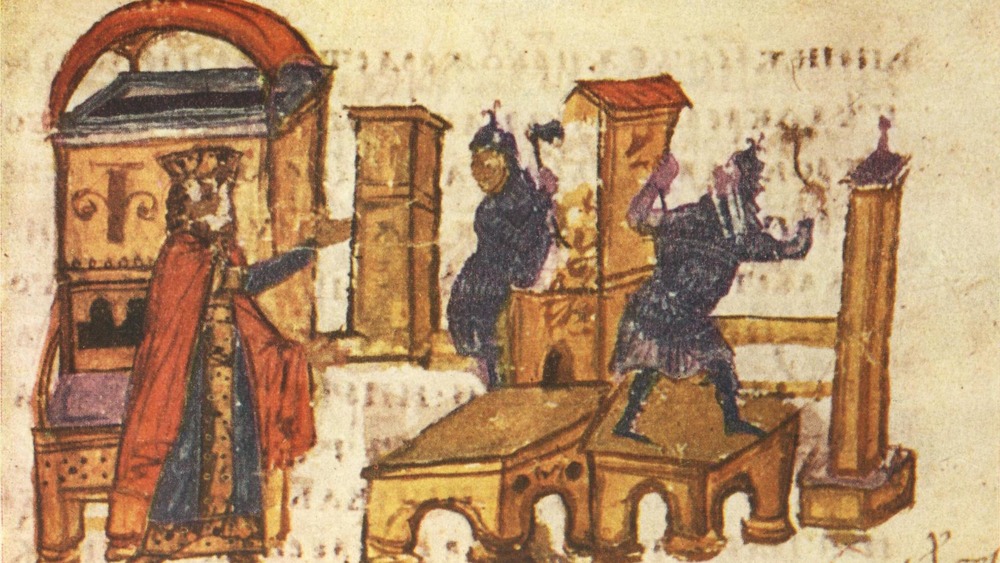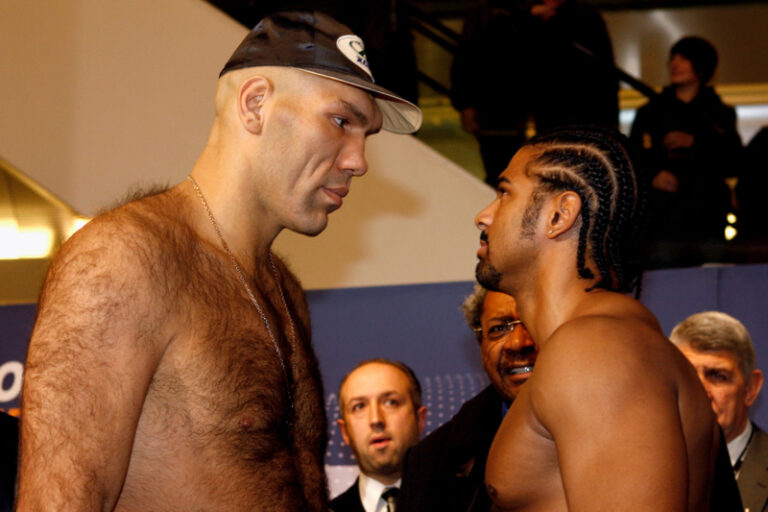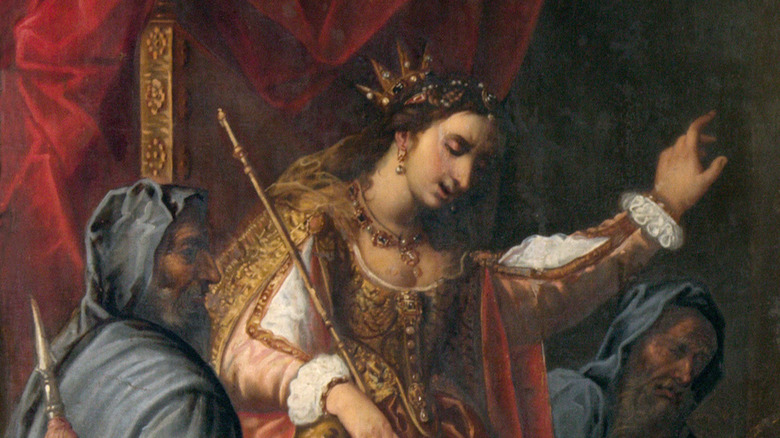
The Stories Behind The Worst Royal Nicknames
Many monarchs are remembered for magnificent deeds with traditional nicknames that point to their greatness — Alexander the Great, Catherine the Great, Constantine the Great, Alfred the Great. All pretty great. Or you could be Charles the Fair, or Good King Edward, or Augustus the Strong.
Not all royal nicknames are flattering, however. A good number of monarchs are remembered for notable physical traits that they would probably have preferred to have gone unnoticed, or at least unremarked upon. The last of the Carolingian emperors, Charles III, was known as Charles the Fat, though he wasn’t given that name in his lifetime. It might reflect that, as ThoughtCo explains, Charles III was constantly ill and low on ambition and energy compared to the other emperors in his line. His predecessor Charles II is known as Charles the Bald, which seems to have been an ironic joke, as history seems to indicate he had a full head of hair and a beard.
Other hair-related nicknames include Albrecht III, Duke of Austria, who was known as “Albert with the Pigtail” for the long braid he wore. Count Wilfred I of Barcelona is known as “Wilfred the Hairy,” as medieval chronicles describe him as “hairy in places not normally so in men.” Bernard II of Auvergne was known as “Bernard the Hairy-Footed,” but no one really knows why. Other monarchs were known for being short, like Olaf the Dwarf, Pepin the Short, and Wladyslaw the Elbow-High. Domnall the Speckled was nicknamed for his freckles.
Royal nicknames based on physical and mental conditions
A number of monarchs received nicknames based on infirmities, illnesses, and conditions they had, both physical and mental. Britannica notes that Charles VI of France was originally known as Charles the Well-Loved but became known as Charles the Mad later in life because of bouts of mental illness. Likewise, Norwegian earl Haakon the Crazy was so named because of his seeming madness in battle, and Joanna of Castile’s (possibly slanderous) reputation for mental illness led to the unfortunate moniker of Joanna the Mad. The Frankish king Childeric III had a hands-off approach to ruling that led to his legacy as Childeric the Idiot after he was deposed from the throne.
Bermudo II of Leon was known as Bermudo the Gouty because he suffered so badly from that condition that he couldn’t even ride a horse. The Polish prince Boleslaw III was known as “Wrymouth” because he was born with his lips askew. Alfonso IX of Leon was called the Slobberer for his tendency to foam at the mouth. Welsh king Brochwel the Fanged was so named either because of large teeth or his aggressive nature. Henry IV of Castile became known as the Impotent because he wasn’t attracted to his wife, while Viking leader Ivar the Boneless might have had brittle bones or lost the use of his legs. You can probably guess which conditions gave Fruela the Leprous, Louis the Stammerer, Rhys the Hoarse, Vasily the Cross-Eyed, and Joan the Lame their nicknames.
Royal nicknames earned by behavior
While many nasty royal nicknames arose from conditions the monarchs in question couldn’t choose for themselves, a good number of them arose from the way they governed or otherwise behaved. Louis V of France was known as the Do-Nothing because he only reigned for one year and didn’t even leave an heir. Halvdan Eysteinsson was called the Bad Entertainer for being stingy with food and drink for those who visited him. His father Eystein was known as the Fart, although this might have been a confusion with a word that meant “swift.” English king Ethelred the Unready was so named for being an ineffective leader unprepared for the Danish invasion of England, says Britannica.
Behavior in battle also led to a number of nicknames. Archibald, Earl of Douglas, was on the losing side of so many battles that they called him the Loser. Cadfael, king of Gwynedd, gained the moniker “the Battle-Shirker” by allegedly retreating from battle the night before it began. Garcia Sanchez II was known as the Trembler for the way his body visibly shook before battle, despite his reputation for courage. In contrast, Byzantine emperor Justinian the Slit-Nosed and Macedonian king Antigonus the One-Eyed got their nicknames from injuries received in battle. Ivaylo of Bulgaria became tsar after leading a peasant revolt but still retained the nickname “the Cabbage” as a reminder of his origins as a farmer. Rather offensively, Henry III of France was known as the Prince of Sodom due to his effeminacy and proclivity for young male courtiers.
The worst of the worst
Not everyone can be “the Great.” Some monarchs are so well-known for awful behavior that they are remembered quite differently. Probably the most notable of these are England’s Bloody Mary, which name History explains is due to her persecution of Protestants, and Russia’s Ivan the Terrible, but that name really signifies him being terrifying, not necessarily evil. William the Bad of Sicily’s name probably indicates a historical bias against him rather than any actual action on his part. In contrast, Berenguer Ramon II, known as “the Fratricide,” probably did actually murder his twin brother in a forest. Eric II of Norway received the name “the Priest-Hater” for his less than sensational relationship with the church. Similarly, the Byzantine emperor Constantine V was called “the Dung-Named” by his enemies because of his over-the-top opposition to the use of religious imagery. Another scatalogical nickname was applied to James II of England when he deserted his Irish supporters – Seamus an Chaca, which means James the, uh, Poop.
Eric V of Denmark was called “the Short-Changer” for his untrustworthiness, and Ferdinand II of Naples was called “the Bomb,” not because he was cool in the 90s but for his excessive bombardment of a political uprising in Messina. Piero di Lorenzo de’ Medici was called “the Unfortunate” for his cowardice and inefficacy in battle, and France’s Louis the XVIII was called “the Unavoidable,” as he was considered the only option to reclaim the throne from Napoleon despite his ill health.
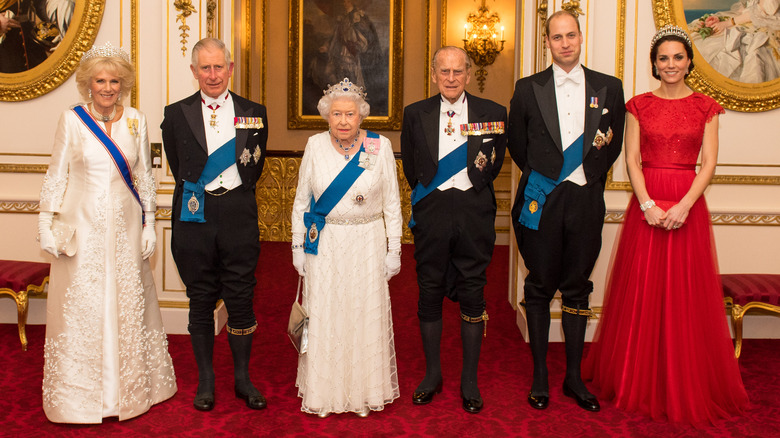
Here's What Would Happen If Britain Got Rid Of Their Monarchy
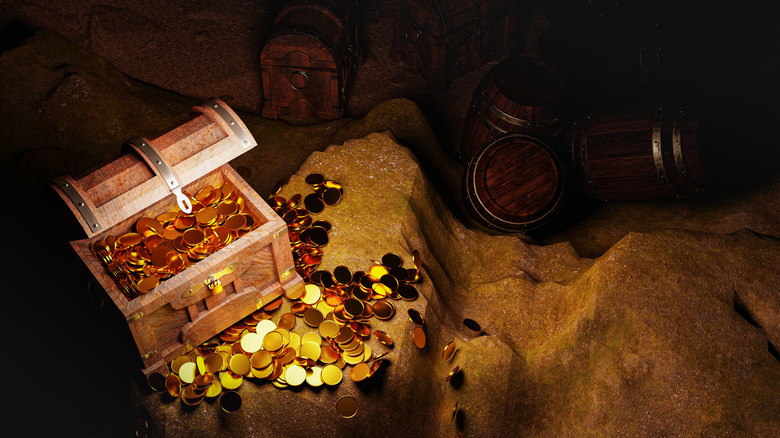
The Mystery Of The Lost Victorio Peak Treasure

The Unbelievable Story Of A Man Trapped In A Sunken Boat For 3 Days

New Atlantis: The Crazy True Story Of The Micronation

The Weird Reason Geese Fly Upside Down

Celebrities Who Have Been Involved In The Occult

What Heaven Is Really Like According To People Who've Been There

The Truth About Ben Afquack, The Drumming Duck
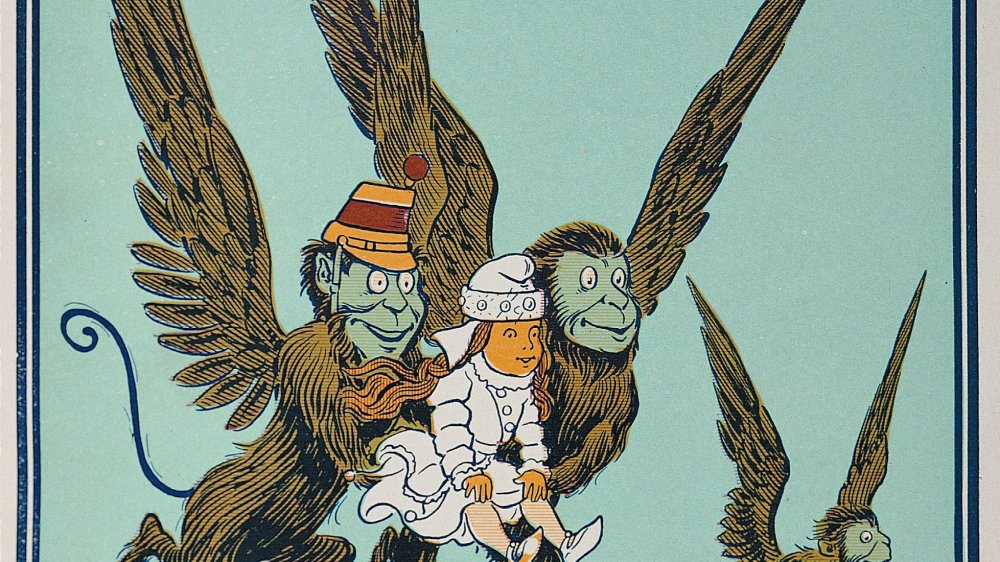
The Real Meaning Behind The Wizard Of Oz's Flying Monkeys
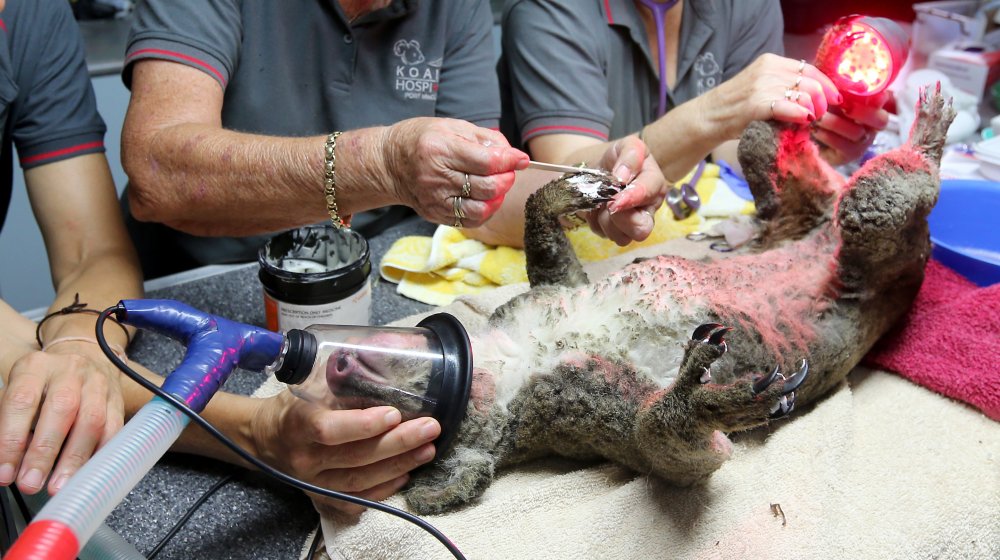
Thousands Knittin' Mittens For Wildfire-Displaced Aussie Animals
